An Encyclopaedic Dictionary of Sanskrit on Historical Principles, Volume 35
The project for the compilation of An Encyclopaedic Dictionary of Sanskrit on Historical Principles was conceived and planned by Professor S. M. Katre, former Professor of Indo-European Philology and Director of the Institute in 1948. The well-established Sanskrit Dictionary Project now forms a part of the Department of Sanskrit and Lexicography. The late Professor A.L. Basham has stated in his book ‘The Wonder That Was India’ that the ‘Dictionary, when completed, will
be the greatest work of Sanskrit Lexicography the world has ever seen’. It is one of the few Historical Dictionaries of the world and the only one for the ancient and rich language of Sanskrit.
Salient features of the Encyclopaedic Dictionary
The Encyclopaedia traces the linguistic development of Sanskrit words from the ancient text of Ṛgveda to the latest work of Hāsyārṇava (1850 A.D). It provides the detailed linguistic changes that have occurred in various words and their derivations. Also, the Deccan College Encyclopaedia traces the semantic development of various words. It provides the entire range of meanings prevalent in the Vedas and other texts. The meanings are logically analyzed and various nuances and
shades are interlinked.
Expanse of the Dictionary
The corpus of the Dictionary expands to 62 branches of ancient knowledge. These can be broadly classified as :
Major disciplines such as Veda, Darśana, Epics, Dharmaśāstra etc. Other branches such as Vedāṅga, Vyākaraṇa, Tantras,ancient Lexicons etc. Literature, Poetics, Dramaturgy, Prosody, Anthologies etc.
Scientific subjects such as Mathematics, Architecture, Alchemy,Agriculture, Medicine, Veterinary Sciences etc.
As well as other branches such as Music, In-door Games,Inscriptions, Warfare, Arthaśāstra etc.
Dictionary is based on primary Corpus of around 1500 Sanskrit treatises covering the range of time span right from the Vedas (1400 B.C.) up to Hāsyarṇava of 1850 A.D.
Secondary sources such as other Subject-specific dictionaries, word indices, concordances etc. are also consulted for updating the data.
Meaning
The Encyclopaedia is based on the Historical Principles. It arranges the words and their meanings strictly following the chronological order of their references. It records all the available vocables in the language from all its periods beginning with the Ṛgveda to the end of the 19th century.
Assigning context-based meanings considering different editions, commentaries and translations. Logical analysis of meanings justified with illustrative citations for every minute meaning-shade from reference books. Interlinking of various shades and minute nuances. Furnishing entirely the related data of every Sanskrit word with all its meanings and occurrences. Provides the Lemmata (Entry-word) and its transliteration as well as information regarding part of speech, accent, etymology and derivation. Illustrative citations to reveal and corroborate the range of denotations.
Arrangement
Different meanings are arranged historically and under each meaning the citations are arranged chronologically to clarify the meaning, along with an indication of the discipline from which they are taken and a precise mode of reference. Chronological arrangement of meanings with earliest occurrence of the word given first in the series of citations arranged historically.
Encyclopaedic Nature
The Encyclopaedia provides information regarding the exact form of the vocables as a guide; the part of the speech of the word to which it belongs; accent; etymology of the word, origin, derivation and the development in Indo-Aryan; it records important and irregular forms; it gives traditional information regarding the vocable from Sanskrit itself; summary of meanings; analysis of meaning; peculiarities of usage and idiomatic expressions.
Also the encyclopaedia provides information regarding culture, history, archaeology, mythology, geography, indication of compound formations. Also it enters the vocables following the concepts of homonymy, synonymy, polysemy and hyponymy among words.
Get it now and save 10%
BECOME A MEMBER


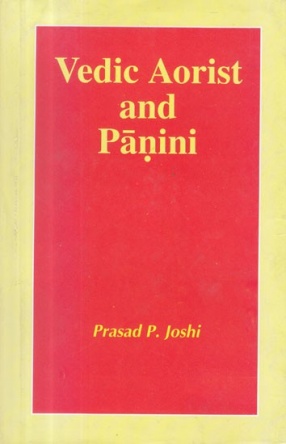
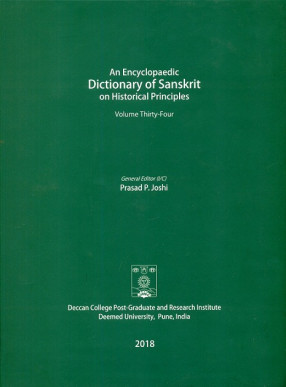
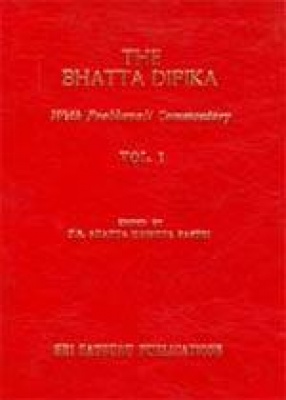

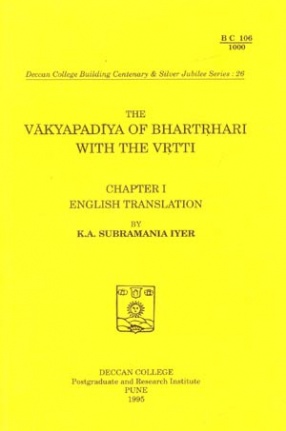
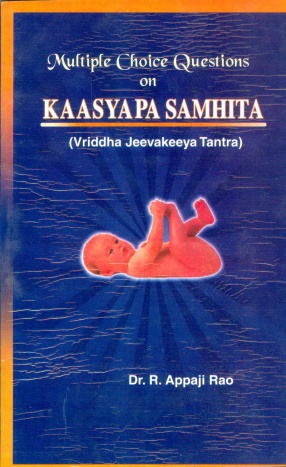

Bibliographic information